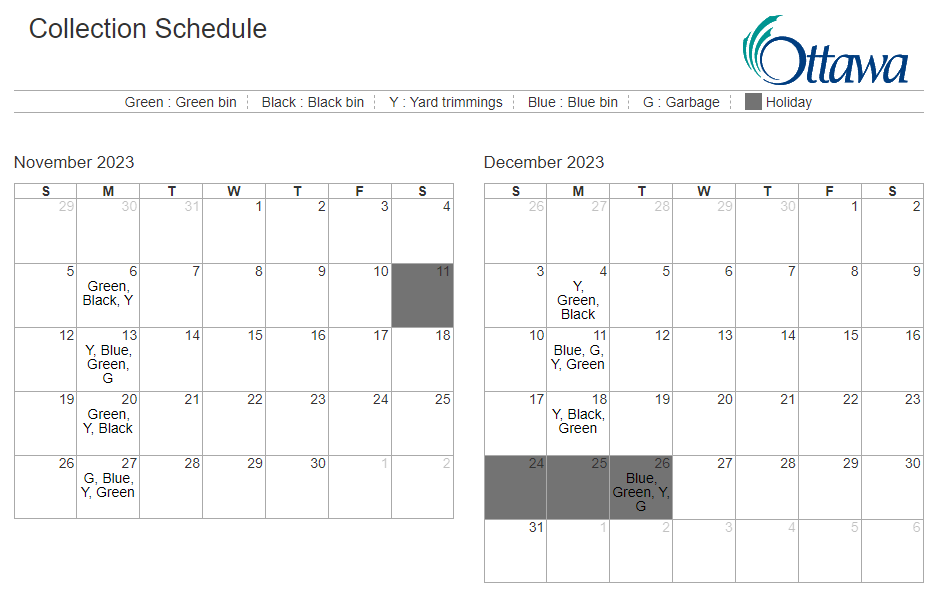Managing waste disposal in multi-unit properties is a critical component of property management, significantly impacting environmental sustainability and the overall quality of life for tenants. While property owners and managers play a pivotal role in providing the necessary infrastructure and services, the success of waste management programs heavily relies on tenant engagement and compliance. This article explores various strategies to engage tenants in effective waste disposal, focusing on Canadian cities’ initiatives and best practices.
Understanding Tenant Engagement in Waste Management
Tenant engagement in waste disposal is about encouraging responsible behavior regarding waste generation and segregation. This involves educating tenants about the importance of recycling, composting, and proper waste disposal, and motivating them to participate actively in the property’s waste management program.

Effective Communication: The Key to Tenant Engagement
- Educational Campaigns and Workshops: Educating tenants about waste management is crucial. Workshops, seminars, and informative sessions can help tenants understand the importance of waste segregation, recycling, and composting. This could include information on what can be recycled, how to compost, and why these practices are essential.
- Regular Updates and Reminders: Consistent communication through newsletters, emails, or community bulletin boards about waste disposal schedules, changes in regulations, and tips for reducing waste can keep tenants informed and engaged.
- Feedback and Incentives: Encouraging feedback from tenants on waste management practices and providing incentives for participation can significantly boost engagement. Incentives might include recognition for the most environmentally responsible tenants or rewards for consistent recycling.
Tailoring Strategies to Local Contexts
Different Canadian cities may have varying regulations and programs for waste management, necessitating tailored strategies for tenant engagement.
Ottawa
In Ottawa, with its mandatory organics diversion program for multi-residential properties, landlords can engage tenants by providing clear instructions on using green bins and organizing workshops on organic waste segregation.
Toronto and Hamilton
In cities like Toronto and Hamilton, where landlords are responsible for maintaining waste disposal areas, tenant engagement can include involving tenants in maintaining the cleanliness of these areas and encouraging them to report any issues promptly.

Leveraging Technology for Enhanced Engagement
Modern technology can be a powerful tool in engaging tenants in waste management.
- Mobile Apps: Apps can be used for reminders about waste collection schedules, information on how to dispose of different types of waste, and alerts on any changes in waste management policies.
- Online Platforms: Websites and online forums can serve as platforms for tenants to ask questions, share tips, and stay updated on waste management practices.
Overcoming Challenges in Tenant Engagement
Engaging tenants in waste management can present several challenges, including apathy, lack of awareness, and resistance to change. Overcoming these challenges involves:
- Personalized Communication: Directly addressing the benefits of proper waste management to tenants, such as a cleaner living environment and reduced pest problems, can make the issue more relatable.
- Making Waste Disposal Convenient: Placing recycling bins in easily accessible locations and ensuring that waste disposal areas are clean and well-maintained can encourage more tenants to participate.
- Building a Community Culture Around Sustainability: Creating a community culture that values sustainability can motivate tenants to participate in waste management initiatives. This can be achieved through community events focused on environmental sustainability and recognition of tenants who contribute significantly to waste reduction efforts.
Effective tenant engagement in waste disposal is essential for the success of waste management programs in multi-unit properties. By combining education, communication, incentives, and technology, landlords and property managers can foster a culture of environmental responsibility among tenants. Tailoring strategies to the specific needs and regulations of different Canadian cities can further enhance the effectiveness of these initiatives. Ultimately, engaging tenants in waste management leads to more sustainable properties and communities, benefiting both the environment and the quality of life for all residents.
Are you having issues with managing garbage and recycling at one of your multi-family properties? Our garbage and recycling management service may be the solution.
